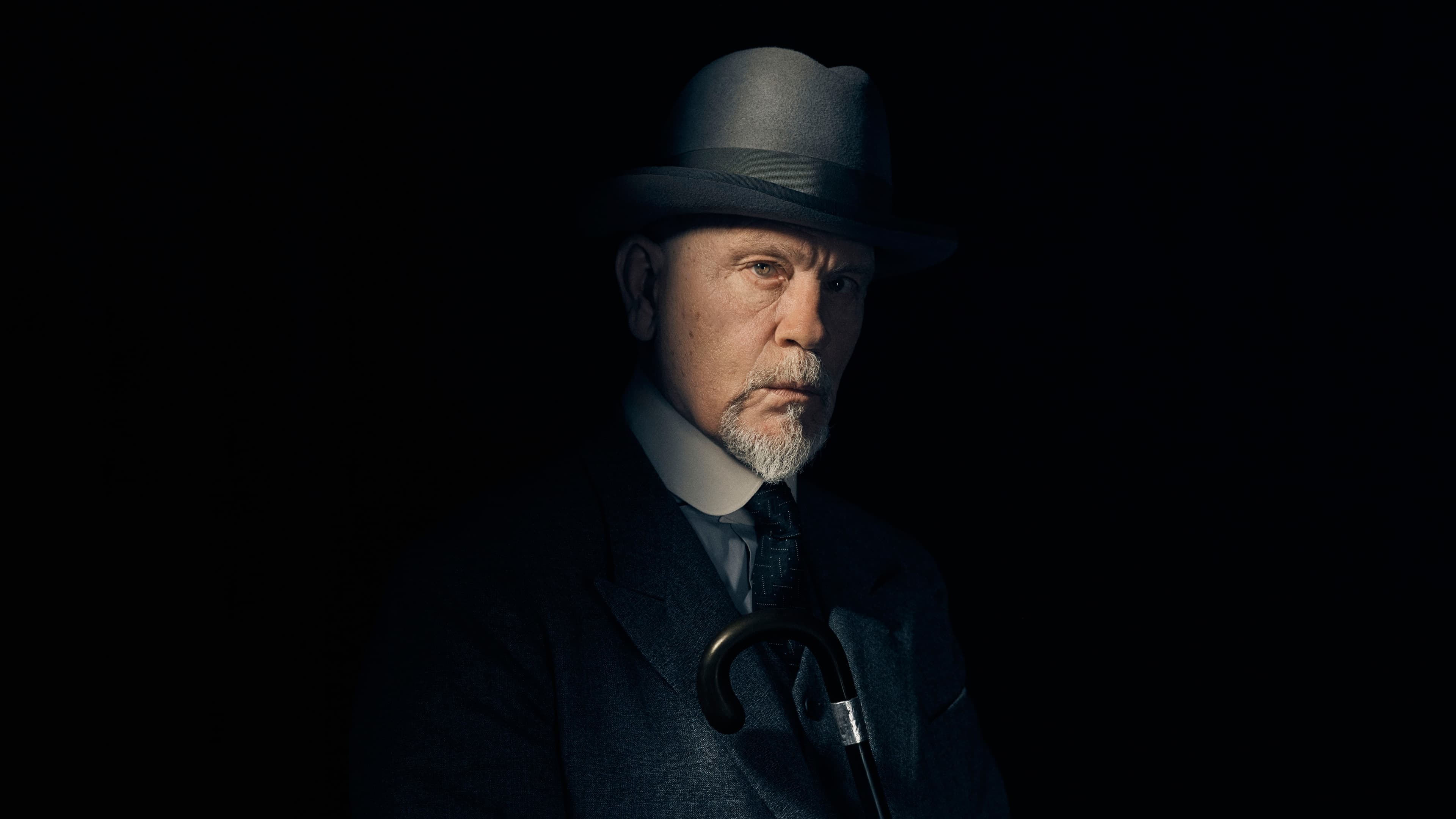
The show’s view of 1930s Britain is correspondingly gloomy. And he is, indeed, riven with remorse, courtesy of a new bit of back story that’s likely to enrage the Christie faithful. She isolates Poirot by eliminating his colleague Hastings (who narrates the novel) and makes him a figurative and literal stand-in for the murderer (an idea that’s an incidental red herring in the book). In the service of the first, Phelps amplifies minor plot points and passing comments in the book and casts Poirot as past his prime, fearful of decrepitude and insignificance. What she’s after are psychology - a tool for Christie, an end-all for Phelps - and relevance.

For Phelps, detective work is a necessary evil, condensed to the point that it’s barely intelligible.

In the book the focus is, as always, on detection, with Poirot’s inquiries paralleling and eventually outpacing those of Scotland Yard, represented by the supercilious Inspector Crome. Asher in Andover, Betty Barnard in Bexhill, and so on. Poirot, the peerless Belgian detective now living in London, receives letters signed “ABC.” They announce the dates on which murders will take place and the towns where they will occur as the murders duly transpire, the alphabetical motif becomes clear: Mrs. Most of the characters, and the broad outline of Christie’s mystery, are still there. The insistence on making everything grimmer and grosser is almost comically complete. “The ABC Murders” is Phelps’s most thorough teardown yet, and this time she’s so suffocatingly revisionist that what’s left isn’t really Christie at all.

Her method is extreme makeover, redoing Christie’s plots and reshaping her sensibility in a lurid and ominous fashion that, combined with top-flight casts, produced entertaining results with “And Then There Were None” and “Ordeal by Innocence.” The British screenwriter Sarah Phelps has been taking liberties with Agatha Christie’s mystery tales, on behalf of the Christie estate and the BBC, for a while now - “ABC Murders,” based on the 1936 novel of the same name, is the fourth mini-series she’s adapted from the books. He can be vigorously obsessive-compulsive, as Kenneth Branagh played him in “Murder on the Orient Express” in 2017.Īnd as it turns out, he can also be a depressed, guilt-ridden loner, as John Malkovich is forced to play him in “The ABC Murders,” a three-part mini-series now available on Amazon Prime Video. He can be dapper and twinkling, as David Suchet played him for 24 years on television. Hercule Poirot is a flexible little fellow.


 0 kommentar(er)
0 kommentar(er)
